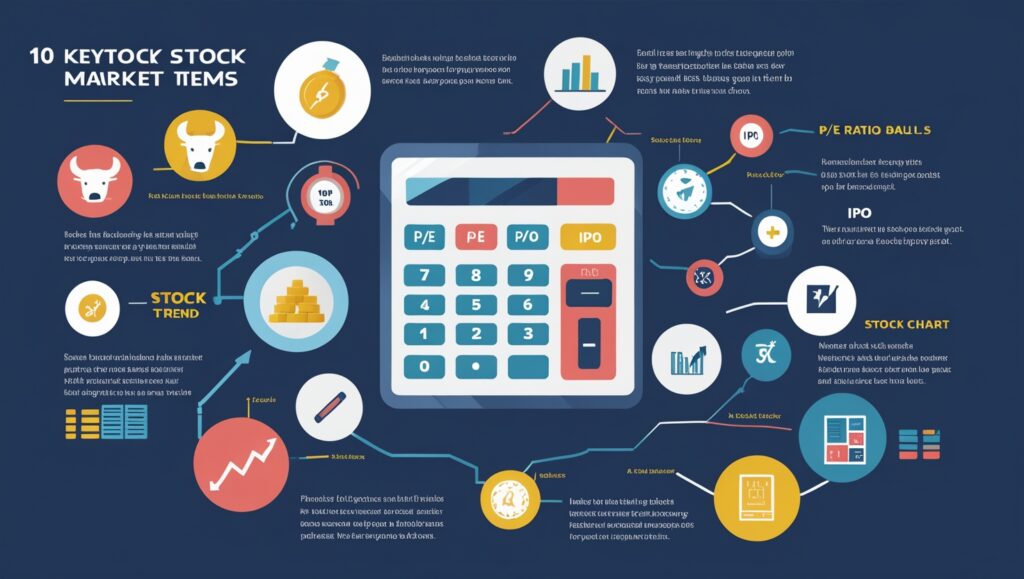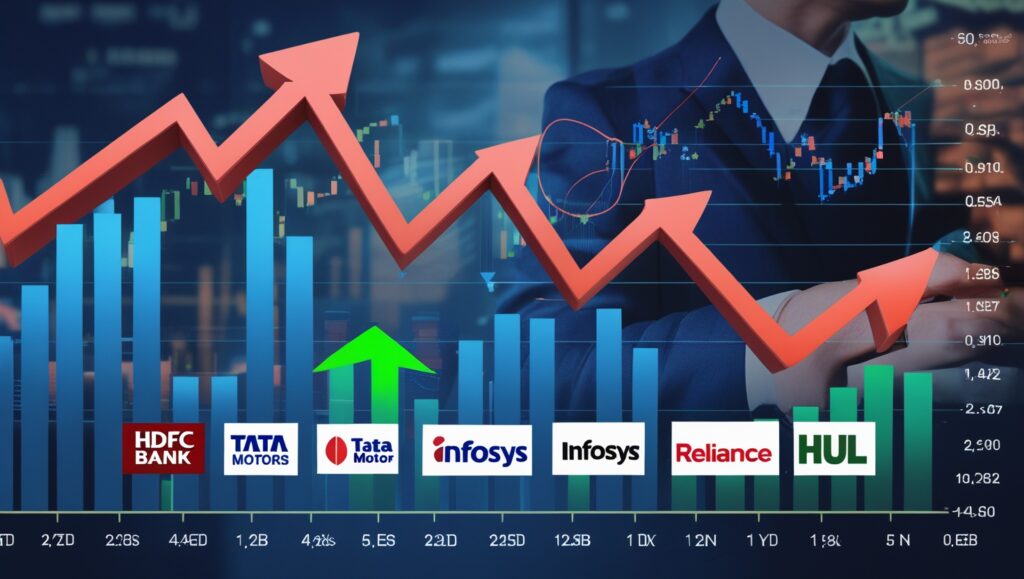📈 Introduction: Why Market Volatility Matters for Investors
Investment strategies amid market volatility
Stock market volatility can be stressful for investors, causing wild price swings and uncertainty. But smart investors use volatility to their advantage instead of panicking.
👉 Why does the market become volatile?
👉 How can you protect your portfolio from losses?
👉 Which investment strategies work best during market downturns?
This guide will help you navigate market volatility with confidence and minimize risks while maximizing returns. 📉📈
📊 What Causes Market Volatility?
Market volatility refers to sharp fluctuations in stock prices caused by various factors, including:
🔹 Economic Uncertainty – Inflation, recession fears, or weak GDP growth 📉
🔹 Global Events – Wars, pandemics, or political instability 🌍
🔹 Interest Rate Changes – Actions by central banks like the RBI 💰
🔹 Corporate Earnings Reports – Positive or negative quarterly earnings 📊
🔹 Investor Sentiment – Panic selling or speculative buying 📢
📢 Understanding these triggers helps investors make informed decisions instead of reacting emotionally.

📌 7 Best Investment Strategies amid Market Volatility
1️⃣ Diversify Your Portfolio 📌
✔ Spread your investments across stocks, bonds, gold, and mutual funds.
✔ Don’t put all your money in one sector (e.g., IT, banking, or pharma).
📌 Example: If tech stocks fall, investments in gold or FMCG stocks balance the risk.
2️⃣ Invest in Blue-Chip & Defensive Stocks 🔵
✔ Blue-chip companies (e.g., Reliance, HDFC Bank, Infosys) are financially strong.
✔ Defensive stocks (FMCG, healthcare, utilities) perform well even in downturns.
📌 Example: Hindustan Unilever and Nestlé stocks remain stable even during market crashes.
3️⃣ Use the Rupee-Cost Averaging Strategy 📉📈
✔ Instead of investing all at once, invest small amounts regularly to average out purchase prices.
✔ SIPs (Systematic Investment Plans) in mutual funds are ideal for this strategy.
📌 Example: If you invest ₹10,000 monthly in an index fund, your investment cost averages out over time, reducing the impact of short-term volatility.
4️⃣ Keep Cash Reserves for Buying Opportunities 💰
✔ When markets crash, quality stocks become available at a discount.
✔ Keep some liquid cash to buy good stocks during dips.
📌 Example: During the COVID-19 crash (March 2020), Infosys stock fell from ₹800 to ₹550. Investors who had cash bought at lower prices and gained big when the market recovered.
5️⃣ Invest in Gold & Bonds for Stability 🏆
✔ Gold is a safe-haven asset during market downturns.
✔ Government bonds and fixed deposits offer stable returns with lower risk.
📌 Example: Gold prices surged by 25% in 2020 as stock markets crashed, proving its effectiveness as a hedge.
6️⃣ Avoid Emotional Trading & Panic Selling 🚦
✔ Market corrections are normal; stay calm and think long-term.
✔ Avoid selling stocks in panic due to temporary price drops.
📌 Example: Many investors panic-sold in March 2020, missing the rapid recovery in the next 6 months.
7️⃣ Hedge Your Portfolio with Derivatives & ETFs 🛡️
✔ Options & futures can be used for risk management.
✔ ETFs (Exchange-Traded Funds) provide market-wide exposure with lower risk.
📌 Example: Nifty 50 ETFs track the index and reduce risks compared to investing in single stocks.

🛑 Common Mistakes to Avoid During Market Volatility
❌ Timing the Market: No one can predict highs and lows perfectly. Stick to long-term investing.
❌ Investing Without Research: Always check a stock’s fundamentals before buying.
❌ Overleveraging in Margin Trading: Borrowing money to trade in a volatile market is very risky.
❌ Following Market Hype: Avoid investing based on news trends or social media hype.
📌 Final Tips: How to Stay Profitable During Market Swings
✔ Keep a balanced portfolio with a mix of high-risk and low-risk assets.
✔ Monitor global & domestic economic trends that impact markets.
✔ Avoid making investment decisions based on short-term fear.
📢 Final Verdict: Market volatility is not a crisis—it’s an opportunity! With the right strategies, you can protect your capital and even profit from market dips.
🚀 Conclusion: Turn Market Volatility into Opportunity!
The stock market will always experience ups and downs, but smart investors stay prepared and take advantage of volatility.
💬 What’s your go-to strategy for managing market risk? Share your thoughts in the comments!



